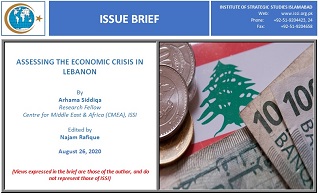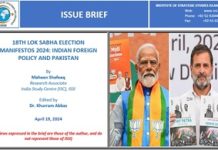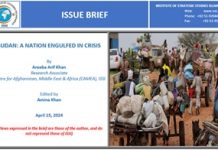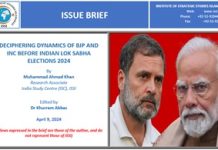On August 17, 2020 a UN-backed tribunal in the Hague found a member of the militant Hezbollah group, guilty of the 2005 assassination of former Lebanese Prime Minister Rafik Hariri along with 22 others. The other three defendants (also members of Hezbollah) were acquitted. In its decision, the tribunal stated that there was no proof that Hezbollah or Syrian leadership was involved. The motivation was cited to be political and has been called an ‘act of terrorism designed to cause fear in the Lebanese population’.[1]
Over the years, critics had pointed out the prodigious expense this absentee trial was incurring. The 400 member staff which included 11 judges cost $60 million annually. However, some say the rationale behind the high cost lies in how the murder provided the flicker that lighted the match of a revolution in Lebanon and changed the face of Lebanese politics. The resulting protests forced the Syrian army to end its presence in Lebanon in 2005. The following month, the March 8 (Hezbollah and pro-Syrian) and March 14 (Sunni, Christian and Anti-Syrian) political coalitions emerged and partook in massive demonstrations. These alliances still define the direction of the country’s policies.















